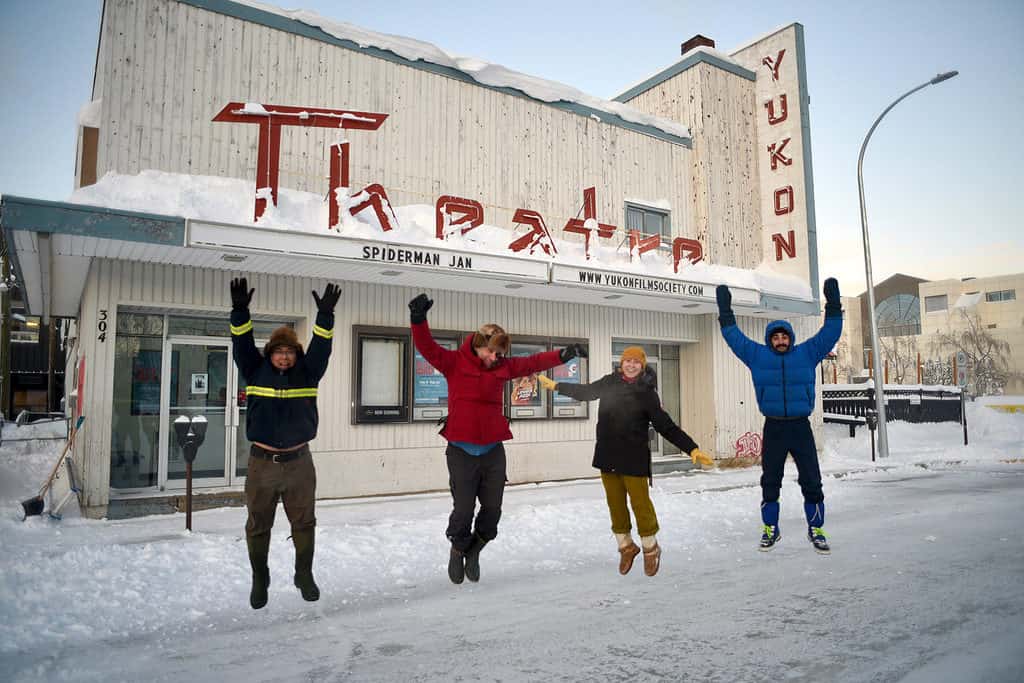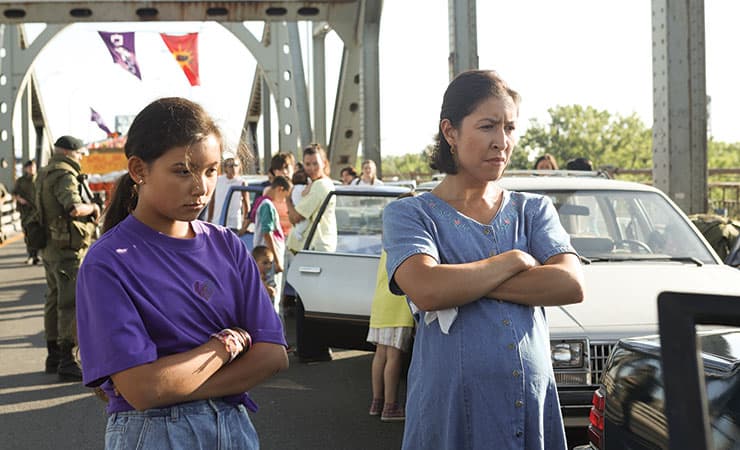Rep cinema returns to Whitehorse this week with a vengeance, as the Yukon Film Society expands its Firehall Films offerings to a mini-festival of film.
Kicking off its three-night program on Wednesday, Aug. 4, is the 2009 documentary,Babies, from French director Thomas Balmes. With no narration or commentary, it turns the camera on four infants from diverse parts of the world undergoing their first year of life.
Set in Namibia, Mongolia, San Francisco and Japan, it’s a fascinating glimpse at how the process of becoming aware of the world around them is different for babies in each culture, and yet ultimately how similar it is.
The next evening, Thursday, features another documentary, Soundtrack For A Revolution. Released in 2009 to critical acclaim, shortlisted for an Oscar for best documentary and the winner of a number of awards from various film festivals, American filmmakers Bill Guttentag and Dan Sturman presented a vivid portrayal of the US civil rights movement, from the early days of the freedom marches, through to the March on Washington and concluding with the assassination of Martin Luther King in 1968.
Gripping newsreel and archived material is interspersed with interviews of key figures in the black quest for equality, such as Harry Belafonte, Andrew Young and Julian Bond. Forming a powerful musical backdrop to their testimony are the songs of the movement, performed by contemporary artists like Joss Stone and Wyclef Jean.
There are also wonderful renditions from the Blind Boys of Alabama and Richie Havens, figures more familiar to an older generation who were witnesses to the struggle on nightly TV newscasts. For those who are too young to have lived through it, and for those who grew up immersed in it alike, Soundtrack For A Revolution is a vital film, with an important story to tell.
Rounding out the program on Saturday, Aug. 6, is Federico Fellini’s masterpiece extravaganza,La Dolce Vita. Filmed exactly 50 years ago, it stands as a testimony to excess and cinematic brilliance.
Almost three hours in length, it employed no less than 800 extras, and stirred up controversy wherever it was shown, whether in its native Italy or abroad. The film is a chronicle of the life of a tabloid journalist in Rome, played by Marcello Mastroianni, his relationship to his suicidal mistress, his fascination with a Hollywood starlet played by Anita Ekberg, and the degeneracy of Rome’s jet-set elite.
It’s a film that’s particularly appropriate in the first decade of the twenty-first century, an era that seems increasingly vapid and preoccupied with the cult of celebrity. We can see in La Dolce Vitathat it’s nothing new.
For a comprehensive listing of the films shown at The Old Fire Hall this week, which includes a free showing of The Last Voyage of the SS Keno, as well as a number of short made-in-Yukon films, check out the Yukon Film Society’s website at www.yukonfilmsociety.com.




